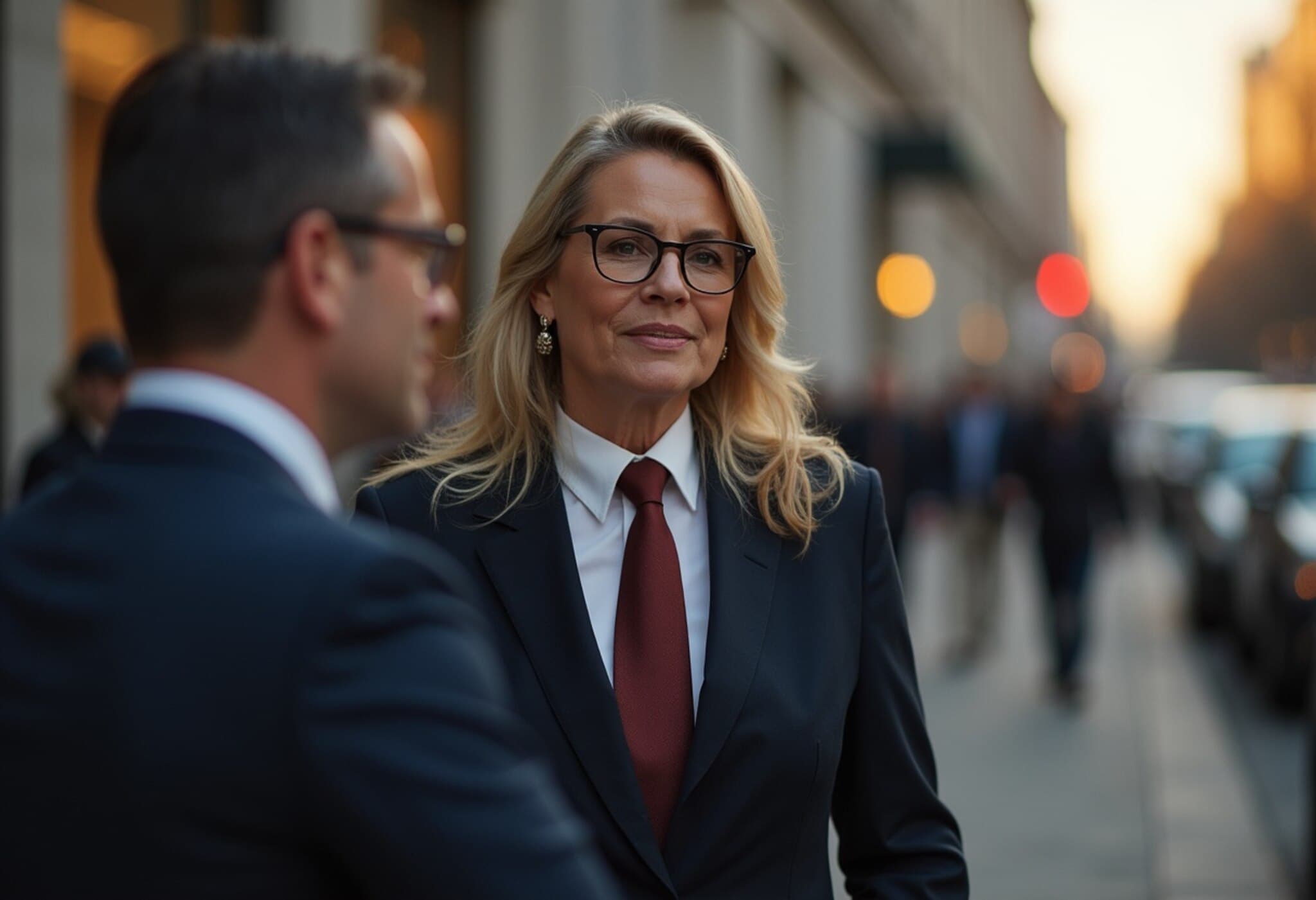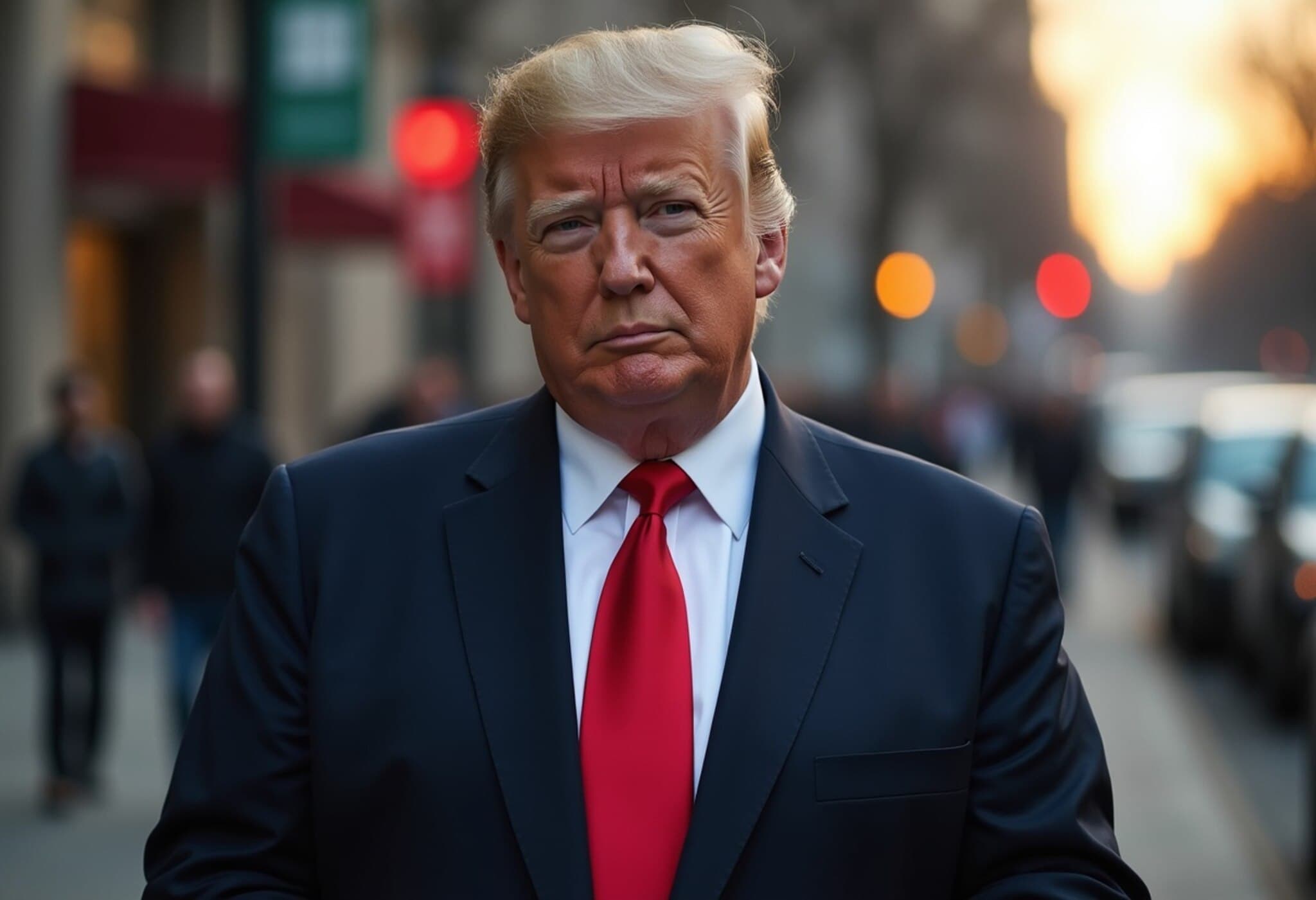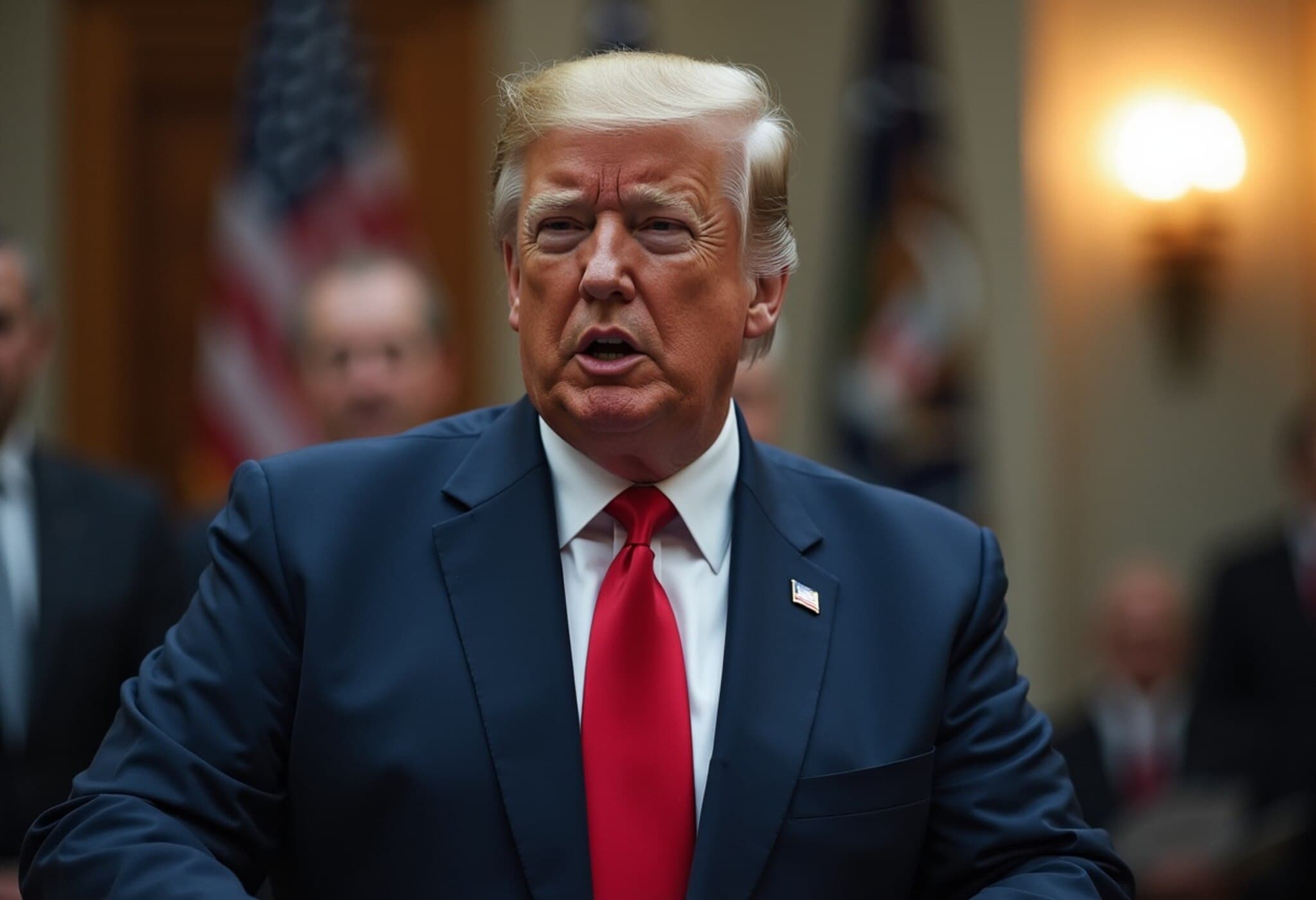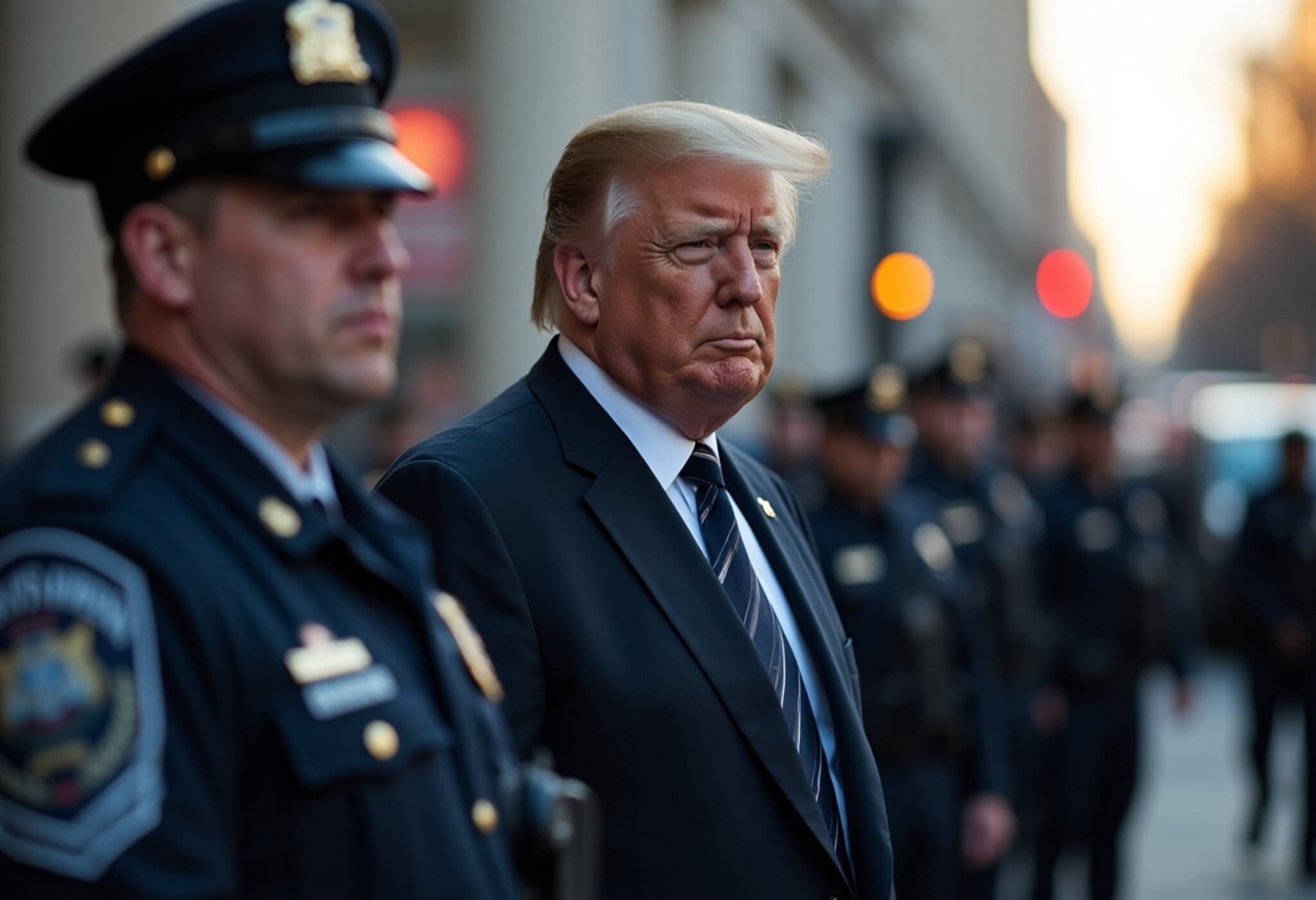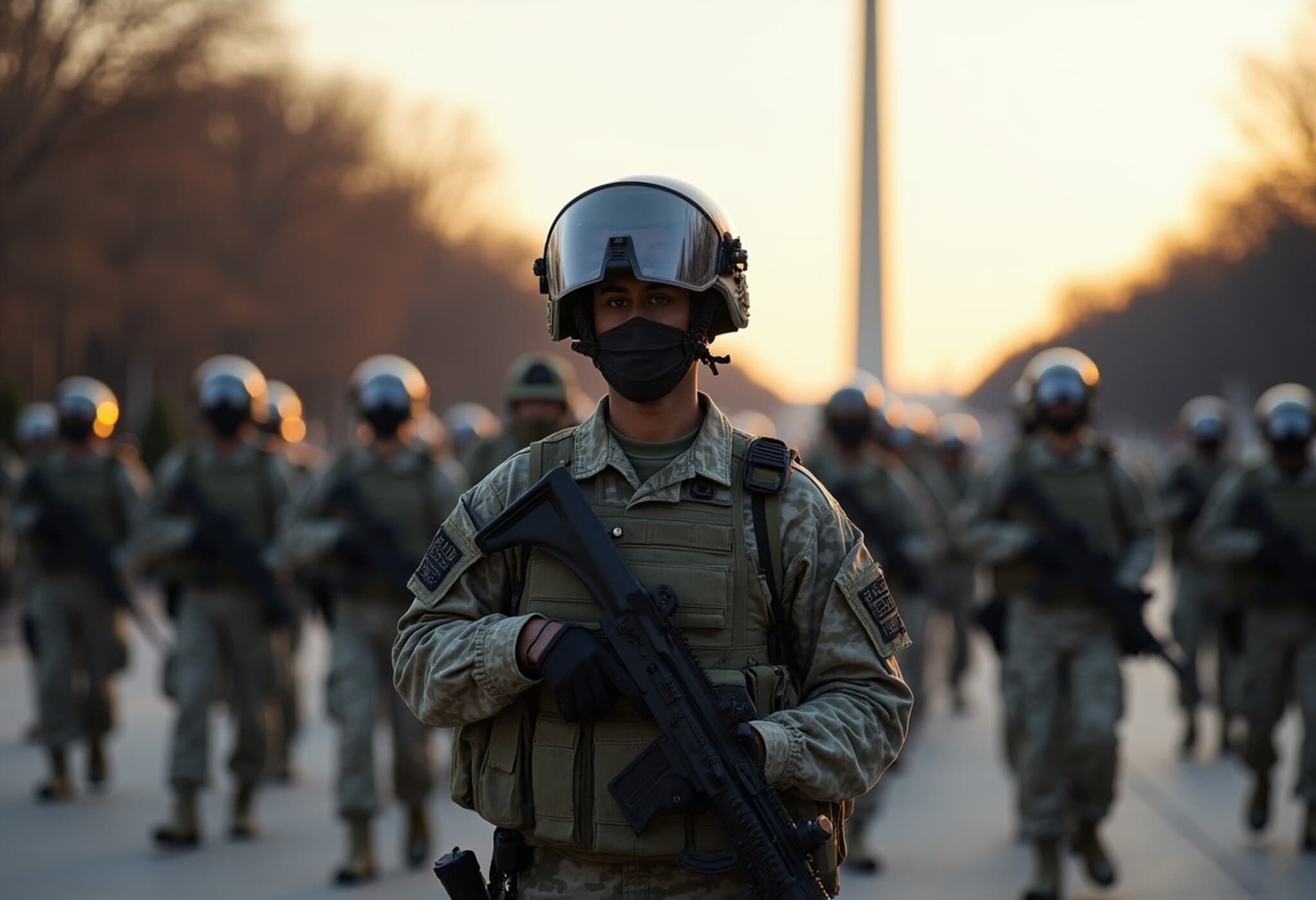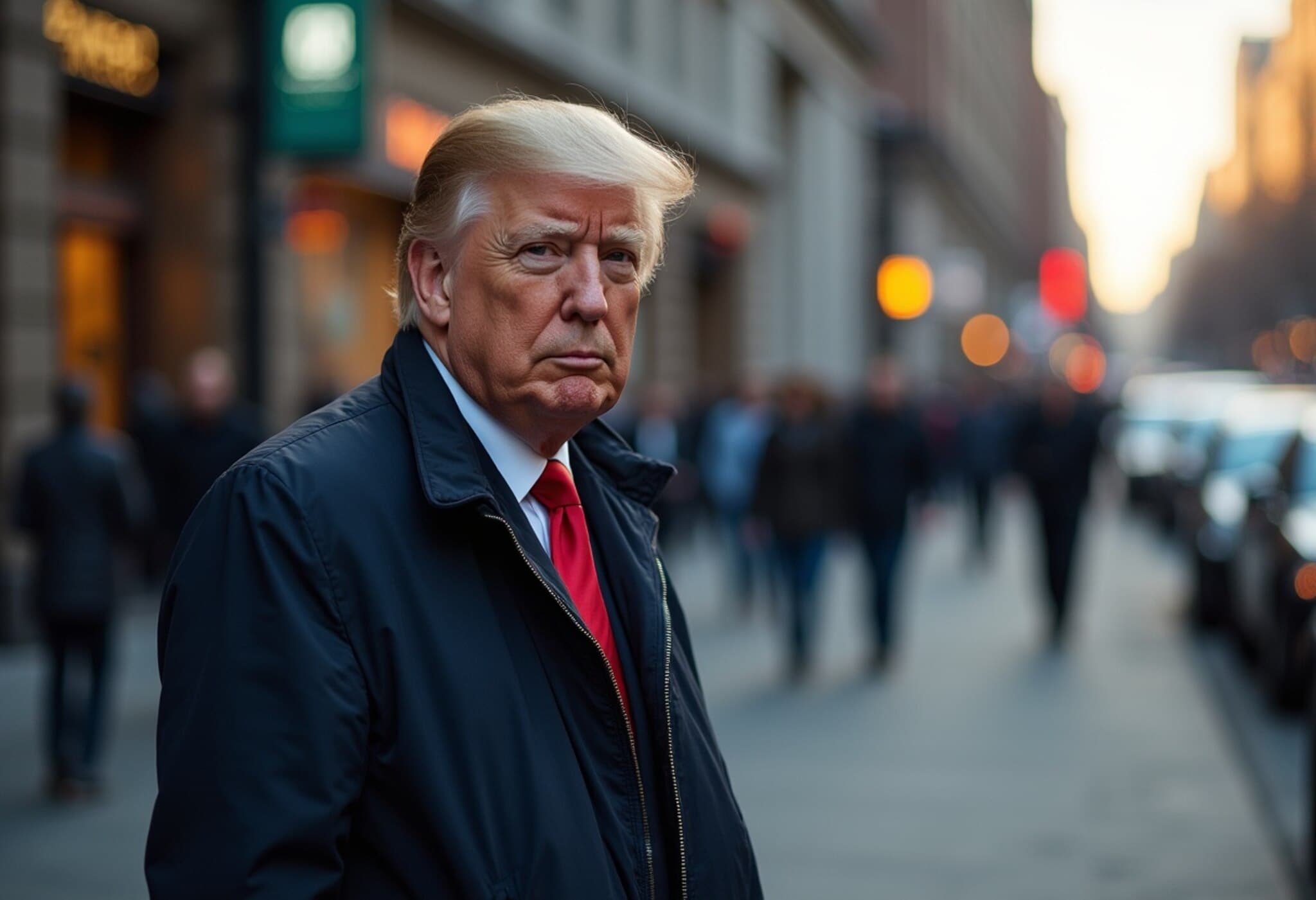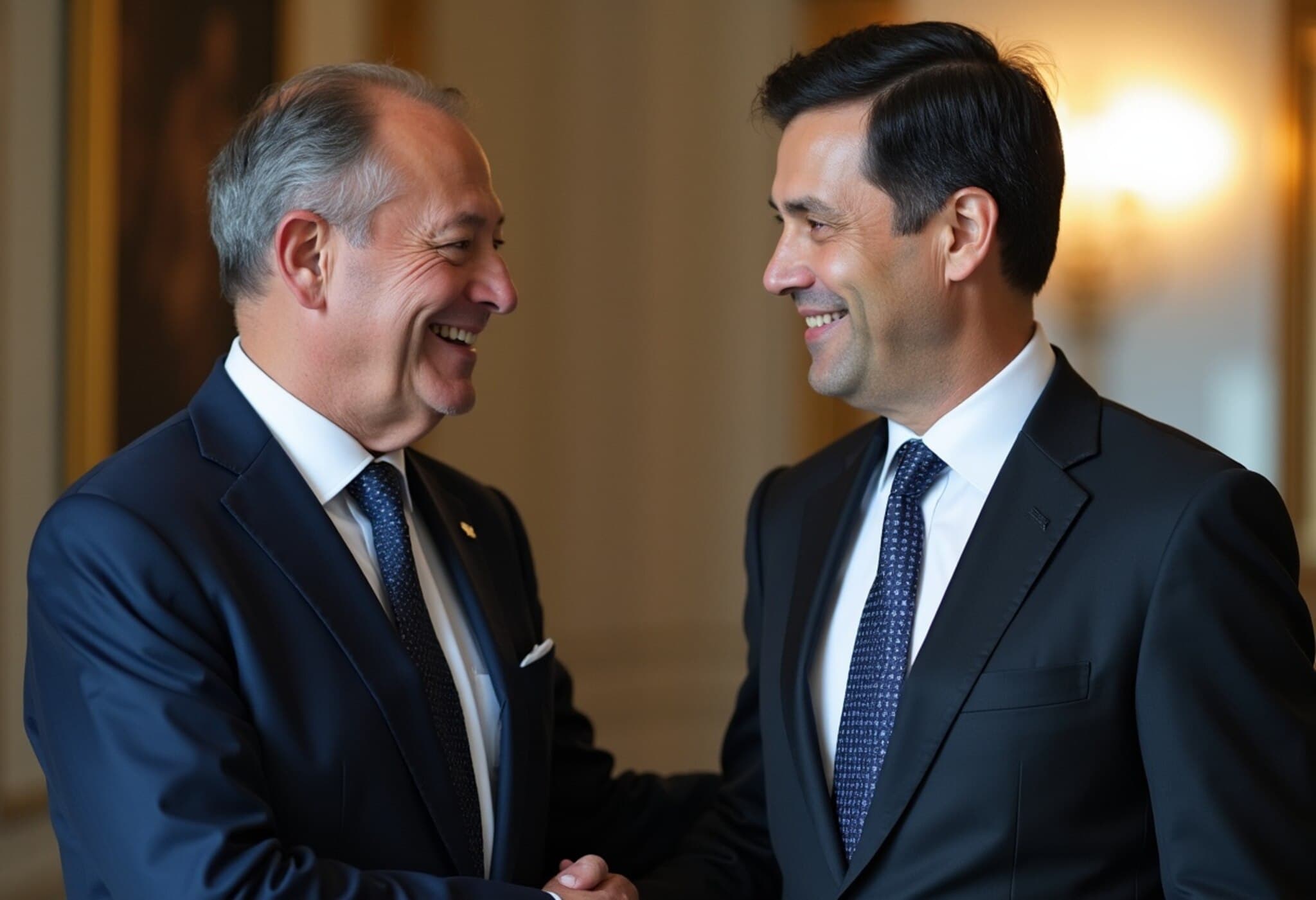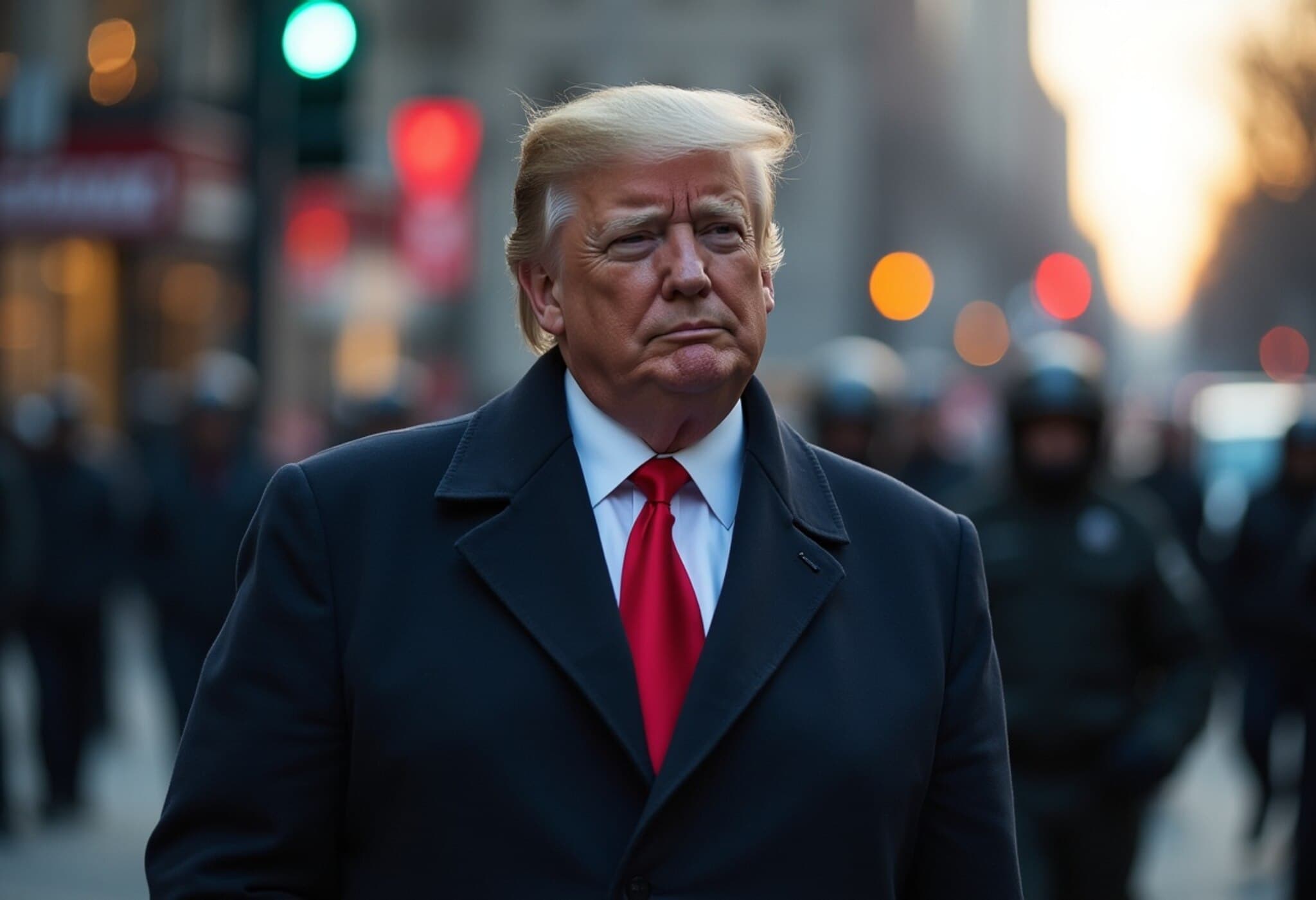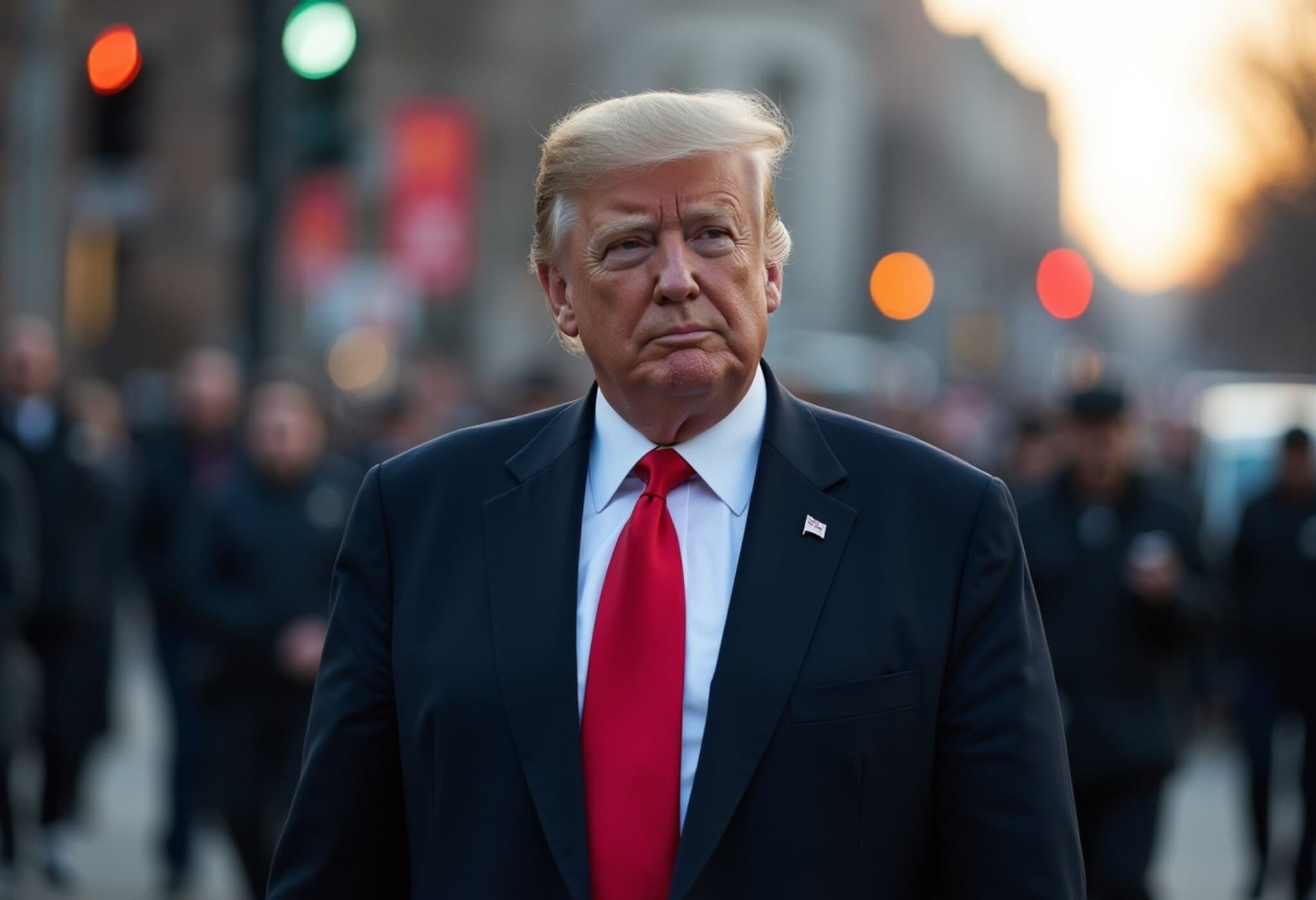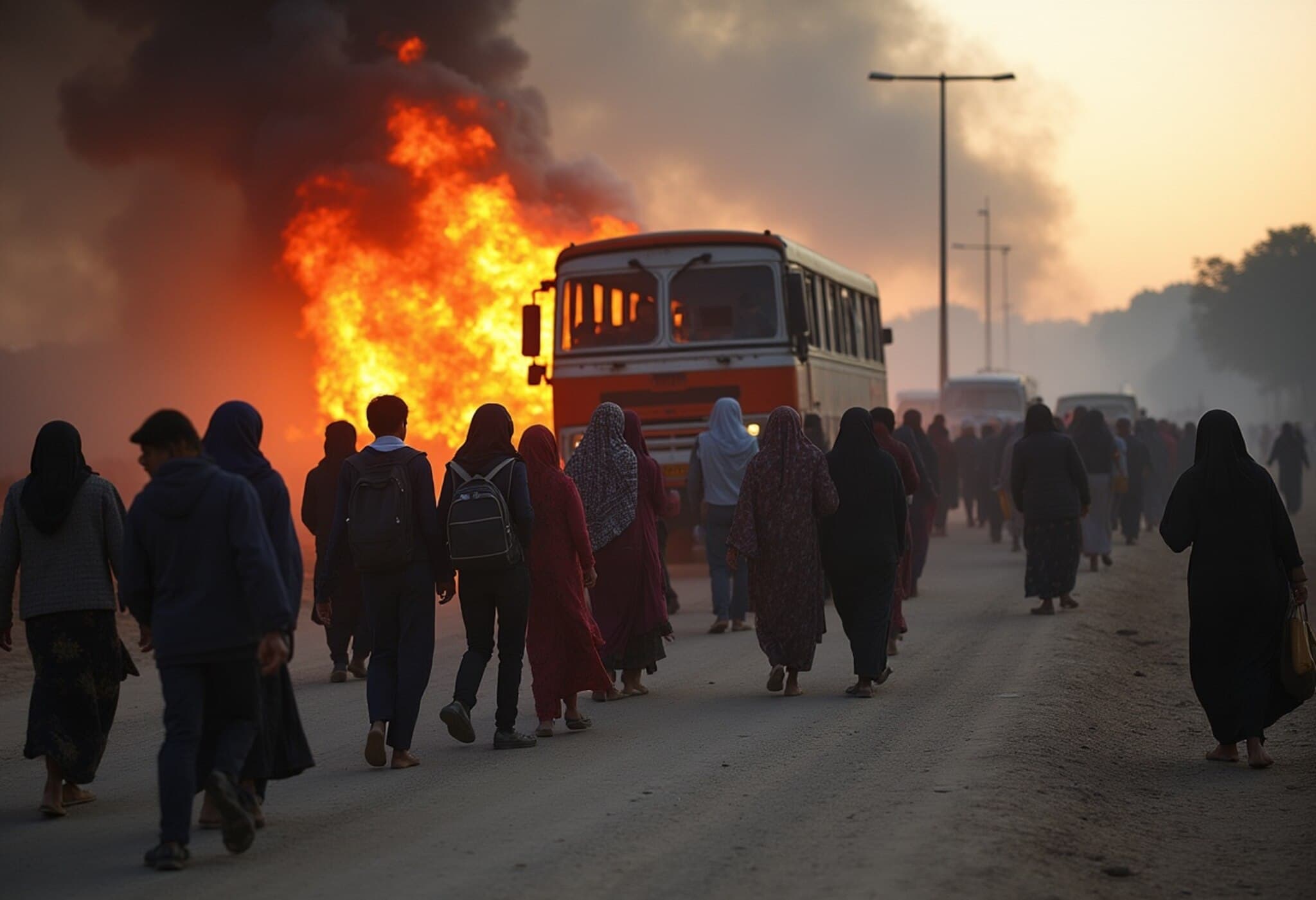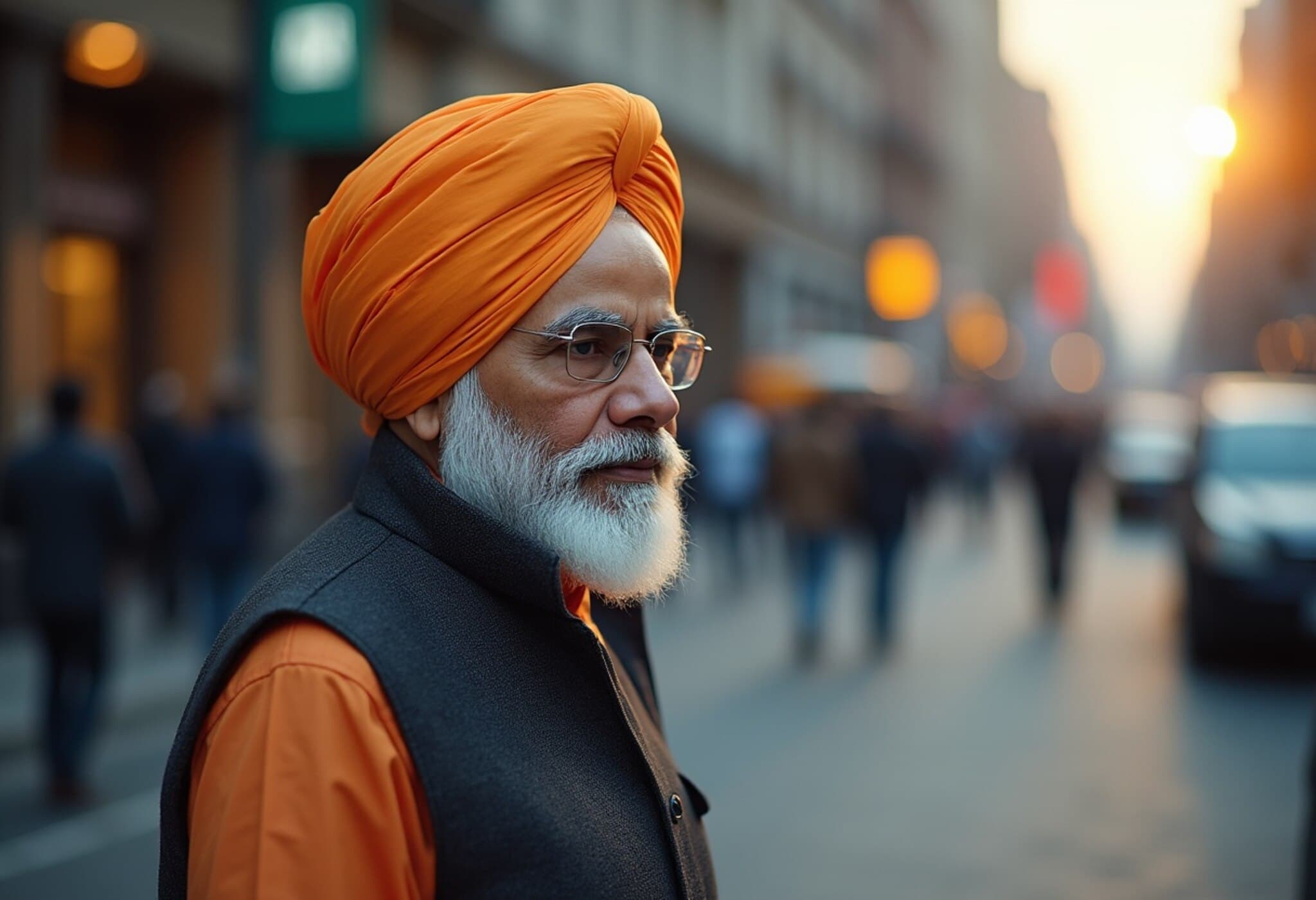A Historic Shift in Gun Enforcement in Washington D.C.
In a landmark policy change underscoring the evolving national conversation on gun rights, federal prosecutors in Washington, D.C. have announced they will no longer pursue felony charges against individuals carrying rifles or shotguns within the city limits. This departure from long-standing enforcement marks a significant recalibration of how firearm laws are applied in the nation’s capital.
Background: From Strict Enforcement to Constitutional Reassessment
For years, D.C. maintained stringent regulations prohibiting the carrying of long guns, exceptions being rare and heavily scrutinized. These laws led to several high-profile prosecutions, such as the 2016 incident tied to the “Pizzagate” conspiracy where an armed man entered a restaurant, and a brutal 2019 shotgun attack in Northeast Washington.
However, under the direction of U.S. Attorney Jeanine Pirro—who assumed her role earlier this month and is a known ally of former President Donald Trump—federal prosecutors have been instructed to align their enforcement with recent constitutional interpretations. An internal email, confirmed by The Washington Post, reveals that this pivot is guided by Supreme Court decisions that emphasize gun rights as fundamental—namely District of Columbia v. Heller (2008) and New York State Rifle & Pistol Association v. Bruen (2022). These rulings invalidated restrictions lacking historical precedent, striking down broad bans on carrying firearms in public.
Balancing Gun Rights and Public Safety
Attorney Pirro clarified that this policy does not equate to a lax stance on gun violence. The office remains committed to litigating cases involving violent crime and weapons trafficking, particularly those involving rifles or shotguns used unlawfully. Notably, prosecutions related to handguns—which constitute the majority of firearm offenses in Washington, D.C.—will continue unabated.
"President Trump and I are fully committed to prosecuting gun crime," Pirro said. "But we will do so in ways consistent with the Constitution and the laws of the land." This reflects a nuanced approach aimed at respecting constitutional rights while maintaining public safety as a priority.
Implications and Critical Questions Ahead
- Legal Precedent: The shift raises important questions about how historical interpretations of the Second Amendment influence local public safety policies.
- Enforcement Consistency: How will this policy affect the prosecution rates for firearm offenses in D.C., especially concerning illegal possession versus lawful carrying?
- Public Reaction: Given Washington, D.C.’s longstanding struggle with gun violence, community responses to this policy change will likely be mixed, highlighting tensions between constitutional freedoms and concerns over public safety.
- Federal vs. Local Dynamics: This development underscores the complex interplay between federal authority and D.C.’s local governance, known for its progressive stance on gun control.
Contextualizing Within Broader U.S. Gun Policy Trends
This policy change in Washington, D.C. reflects wider national debates about gun ownership rights, enforcement discretion, and the interpretation of constitutional protections. With recent Supreme Court decisions reshaping the legal landscape, federal and state authorities across the country face mounting pressures to adapt laws and enforcement strategies accordingly. The situation in Washington D.C., as the nation’s capital, is especially emblematic because it symbolizes the friction between local regulation and federal judicial doctrine.
Moreover, the Trump administration's broader law enforcement agenda, which emphasizes both a crackdown on illegal firearms while bolstering constitutional safeguards, presents an intricate challenge: namely, how to curb violent gun crimes without infringing on the Second Amendment rights affirmed by the Supreme Court.
Looking Forward: Monitoring Outcomes and Policy Evolution
Legal experts and policy analysts will be closely watching how this recalibration plays out in the courtroom and on the streets. The move may set a precedent influencing other municipalities grappling with similar firearm-related controversies. Additionally, it invites deeper engagement from community leaders, lawmakers, and advocates to strike a balance that honors constitutional principles while addressing urgent public safety concerns.
Editor's Note
This significant shift in prosecutorial policy signals a crossroads for Washington D.C. and possibly other jurisdictions. While respecting constitutional decisions, it challenges policymakers and communities to rethink conventional approaches to gun violence prevention. As the dialogue evolves, key questions remain: How can cities maintain safety without compromising rights? What role should federal prosecutors play in navigating this delicate balance? Future developments here may offer critical lessons on legal interpretation, law enforcement discretion, and the pursuit of safer communities within constitutional frameworks.

